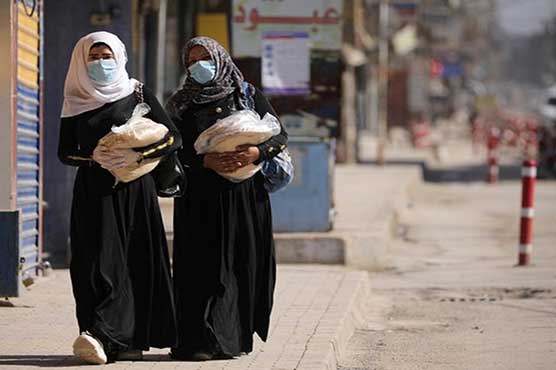Afghan women demand right to be named on children's documents

Women's rights campaigners have for years pushed to be named on official documents
LONDON (Reuters) - Afghan women could win the legal right to have their names on their children s birth certificates and identity cards under a proposal to be presented to parliament, one of the country s few female lawmakers has said.
Naheed Farid, an independent lawmaker who chairs the parliamentary commission on women s affairs, said she and other MPs had drafted an amendment to the population registration law that would be presented to the house after its summer break.
Women s rights campaigners have for years pushed to be named on official documents including their children s birth certificates, which like Afghan identity documents carry only the name of a person s father.
But they have faced opposition in the conservative and patriarchal Muslim country, where some see even using a woman s name as offensive.
A woman s name often does not appear on the invitation to her wedding - only those of her father and husband-to-be - or even on her grave.
The custom also has a practical impact. Wida Saghari, a Kabul-based women s rights activist and single mother, told the Thomson Reuters Foundation she had been unable to obtain identity documents for her children in their father s absence.
"My son had to enrol in school late because I was divorced and authorities would not issue the national ID for my son without his father s presence," she said.
The legal amendment comes three years after a group of female rights advocates launched the #Whereismyname campaign, seeking to end the taboo surrounding the naming of women.
Since the ultra-conservative Taliban was overthrown in 2001, Afghan women have regained the right to go to school, to vote, and to work. But violence against women in the home is widespread, and often goes unpunished.
The campaign s founder Laleh Osmany welcomed the proposed legal amendment, but said deep-rooted social conservatism meant many women would still face difficulties even if the law changed in their favour.
She urged fellow activists to take their campaign to the streets to ensure the amendment passed and said she was determined to continue the fight despite the difficulties.
"In the past three years, I faced many personal challenges from my family and my relatives," she said. "My sister told me I brought shame on them by going to the streets and talking to men."
Thousands of Afghans including celebrities and journalists have supported her campaign.

